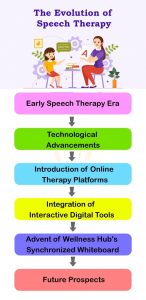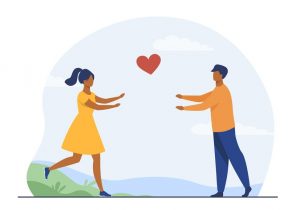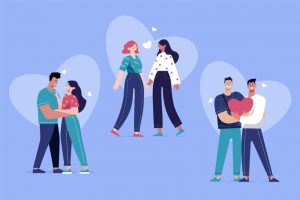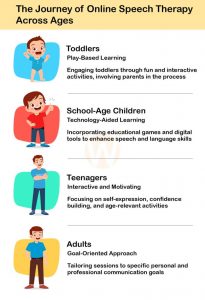What is the Difference between Anxiety attack and Panic attack?
By Prapoorna M
Last Updated: November 27, 2021
People experience anxiety in many situations. Giving speech on a public platform for the first time, attending your first job interview, meeting the girl-friend’s parents, journey of your first flight, or doing an adventurous activity etc. are the common anxiety-provoking situations. An increased arousal accompanied by generalized feelings of fear or apprehension can be termed as Anxiety.
A vague concern that something bad can happen like an apprehension can trigger anxiety. Some people feel anxious throughout a certain period while some make it a habit of getting anxious always. Anxiety experienced in a specific way, is identified as a specific anxiety condition.
Anxiety attacks
Anxiety attack comes in reaction to a stressor. To put simply, when a person gets stressed by the thought of something that causes stress, people become anxious. For example, a person feels anxious while attending a job interview. But the same applicant could be more anxious when the performance evaluation at that particular interview affects his career as well as his personal love-life.
This could trigger an anxiety attack. During an anxiety attack, people may feel stressed, and could feel apprehensive, and also can experience breathlessness and palpitations, but only for a specific period of time, till the stressor is gone.
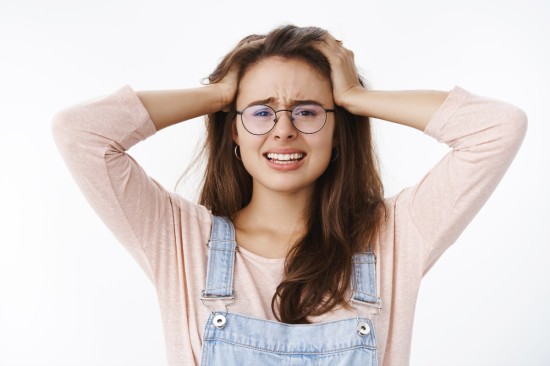
Though anxiety attack is not recognized as a medical condition, it symbolizes rather intense and extended periods of anxiety in an individual. In people who suffer anxiety attacks, the anxiety increases either slowly or suddenly to a higher level that is unusual for them. The symptoms are more severe than simple anxiety and are less severe than a panic attack.
Symptoms of Anxiety attack
- Feeling irritable
- Restlessness
- Feeling on edge
- Experiencing the periods of blank mind
- Unable to sleep or difficulty falling asleep
- Muscle tension
- Unable to control worry or tears
- Getting tired easily
- Having difficulty in taking deep breaths
These are some of the major symptoms of Anxiety attack. It might happen that people experience anxiety attack when they are about to encounter a similar situation where they had panic attack before. In other words, the thought of encountering a panic attack could also trigger an anxiety attack. Anxiety is a symptom linked with numerous health conditions like PTSD, OCD and depression. While anxiety is a most common thing, its intense form is an anxiety attack.
Panic Attacks
Intense fears and terrifying anxiety are triggered in some people that are not activated by specific event or situation, and such ones are termed as Panic attacks. Panic disorder is a condition characterized by periodic, unexpected attacks of intense, terrifying anxiety known as panic attacks. Panic attacks are unprovoked and unpredictable.
People might feel they are going to lose control and die or have a heart attack soon. Panic disorders have both genetic and biological factors. About 50% of those who suffer panic disorders have their relatives who have it too. Once they have panic attack at a place, they avoid coming there again because of the fear of encountering it again.
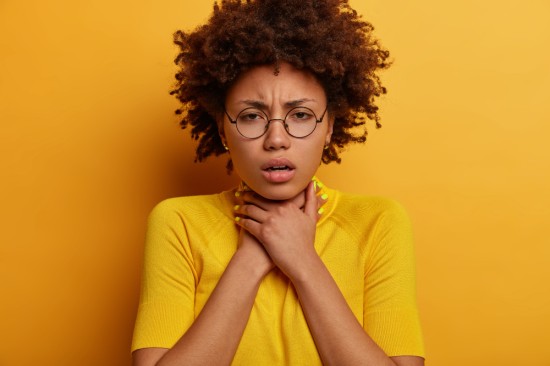
Symptoms of Panic attack
- Racing heart
- Sweating profusely
- Dizziness
- Nausea
- Abdominal cramp
- Sense of impending doom
- Trembling
- Palpitations
- Pounding heart
- Feelings of unreality
- Fear of losing control
- Fear of dying
- Numbness or tingling sensations
- Chills or hot flashes.
Panic attacks though seem to occur out of the blue, they often take place in specific situations. In such cases, panic disorder is likely to be associated with agoraphobia, meaning the fear of situations which the individual suspects that no help will be available and they should experience incapacitating or embarrassing event. This also includes several fears and especially the fear of having a panic attack when away from home. They often experience anticipatory anxiety.
A portion of the brain stem, the locus coeruleus (LC), functions as a stimulating alarm resulting in panic like behavior. People who have panic attacks have their LC hypersensitive to certain stimuli. They experience palpitations as heart attack, meaning, they have a tendency to perceive harmless stressors as signs of mortal danger and then remain vigilant and “on guard” against such imagined dangers. After a panic attack subsidies they feel fatigued and worn out. While panic attacks are intensely uncomfortable, they are not so dangerous. Both anxiety attack and panic attack are very common and are treatable.
Differences in Anxiety attack and Panic attack
Though the symptoms of anxiety and panic attack seem alike, they differ in their intensities. Some of the most common difference that one can notice between anxiety and panic attacks are the following.
- Panic attacks involve a sense of unreality and detachment.
- Anxiety attack is caused due to a stressor, while panic attack can occur without a trigger.
- Panic attacks are intense and disruptive. The intensity of symptoms is higher than that of anxiety attacks.
- Physical symptoms of panic attacks are worse than anxiety attack. It is tough to calm down a person having panic attack rather than a person having anxiety attack.
- Anxiety attacks can vary from mild to severe, while panic attacks are always severe.
- Anxiety attacks gradually increase with time, either by hours or minutes, giving some time for the people around to help them. Whereas panic attacks are sudden and intense.
- Panic attacks are subsidized after a short while, but anxiety attacks linger for longer periods.
Identifying the triggers can be helpful in treating these attacks. Making the family members, kin and kith aware of such health conditions, will be a great support in the time of need.
Self-help techniques
Here is the list of things to help you during anxiety attack or panic attacks. Try practicing some self-help techniques to relax you from getting the anxiety increased.
- Understand what is happening and sit down at a quiet place
- Try relaxing yourselves by breathing slowly and deeply
- Practicing guided imagery helps you to be calm
- Progressive muscle relaxation helps in relieving muscle tension
- Try to rationalize your thought process
- Be mindful of your thoughts and avoid unnecessary thoughts
Maintaining healthy diet plan, regular exercise and eight hours of deep sleep helps you reduce your stress and anxiety.
Want to know if you are experiencing anxiety or trying to reduce your anxiousness? Need coping mechanisms to control your state and trait anxieties? Talk with one of our experts to know what to do. Our experienced psychologists are here to guide you either offline or online.
Book your Free Consultation Today
Parent/Caregiver Info:
Client’s Details:
* Error Message
